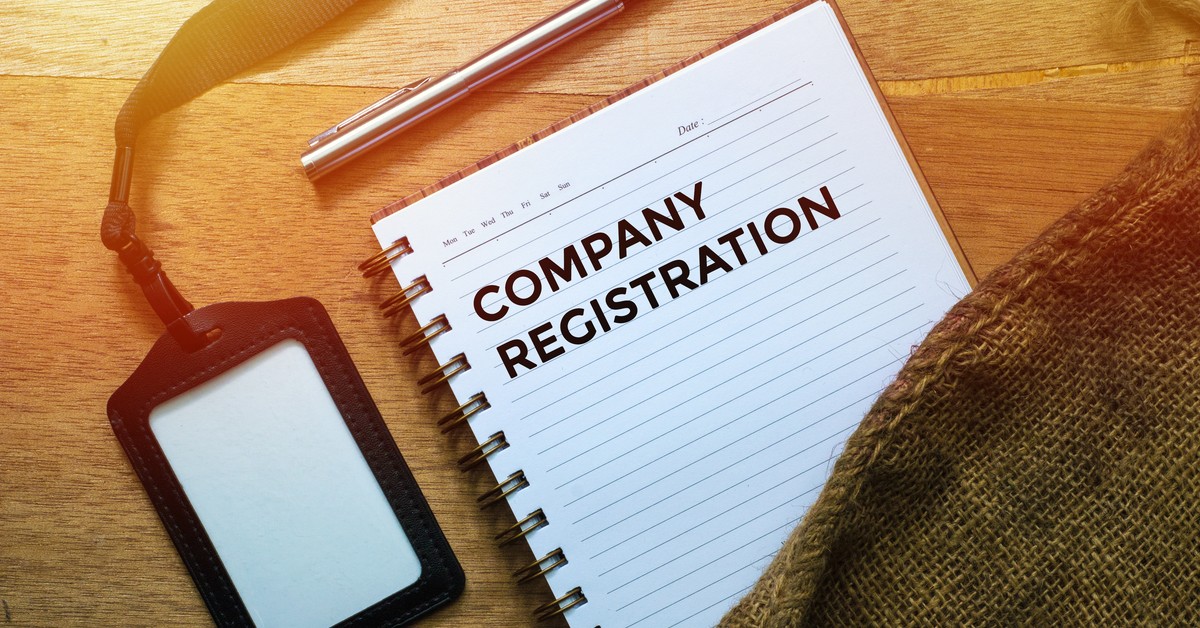Starting a business in Indonesia can be a complex process, especially if you are not familiar with the local regulations and requirements. It is important to do your due diligence and prepare properly before filing your company registration. To help you get started, here are 10 things you need to know before company incorporation:
Choose the right business structure: There are several business structures to choose from in Indonesia, including a limited liability company (PT), foreign investment company (PMA), and representative office (KPPA). Each structure has its own advantages and disadvantages, and it is important to choose the one that best fits your business needs.
Select a company name: The company name must be unique and cannot be like any existing company names in Indonesia. It is recommended to conduct a name search to ensure that your chosen name is available.
Determine the company’s legal domicile: The legal domicile is the location where the company’s headquarters and main activities will be based. It is important to choose a location that is convenient and accessible for your business.
Appoint directors and commissioners: A limited liability company in Indonesia must have at least one director and one commissioner. The directors are responsible for managing the company, while the commissioners are responsible for overseeing the directors. It is important to appoint reputable and qualified individuals to these positions.
Determine the company’s authorized and issued capital: The authorized capital is the maximum amount of capital that the company is allowed to issue, while the issued capital is the actual amount of capital that has been issued to shareholders. It is important to determine these amounts carefully, as they can have tax implications.
Prepare the required documents: There are several documents that must be prepared and submitted as part of the company registration process in Indonesia, including the deed of establishment, articles of association, and proof of payment of the authorized capital. It is important to ensure that these documents are complete and accurate.
Register with the Ministry of Law and Human Rights: The company registration process in Indonesia begins with the Ministry of Law and Human Rights. This ministry is responsible for issuing the company’s legal deeds and articles of association.
Register with the Ministry of Finance: After the Ministry of Law and Human Rights has issued the company’s legal deeds, the next step is to register with the Ministry of Finance. This ministry is responsible for issuing the company’s tax identification number (NPWP) and registering it for tax purposes.
Register with the Ministry of Manpower: The Ministry of Manpower is responsible for registering the company’s employees and issuing work permits for foreign employees. It is important to register with this ministry to ensure compliance with labor laws in Indonesia.
Register with other relevant agencies: Depending on the nature of your business, you may also need to register with other agencies, such as the Environmental Impact Management Agency (BAPEDAL), the Investment Coordinating Board (BKPM), and the Food and Drug Monitoring Agency (BPOM).
Incorporating your company in Indonesia can be a challenging process, but it is an important step towards establishing a successful business in the country. By following the steps outlined above and seeking the assistance of a reputable Indonesia accounting firm like 3E Accounting Indonesia, you can ensure that your company is properly registered and positioned for success. With the right preparation and guidance, you can navigate the company registration process smoothly and focus on building your business.


